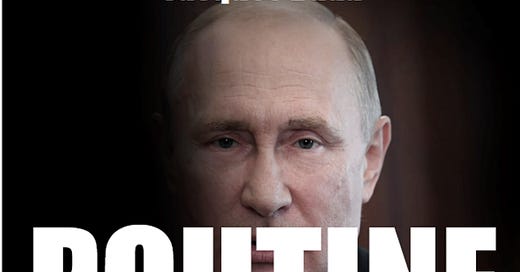The Centre Français de Recherche sur le Renseignement (French Intelligence Research Center [CF2R]) is an independent think tank founded in 2000. It specializes in the study of intelligence and international security, with the goal of “demystifying intelligence and explaining its role to the general public.” The mission of its international security branch includes analysis of international conflicts as well as political and religious extremism.
The Website of CF2R has recently published a detailed account, written by Jacques Baud, “The Military Situation in Ukraine.” Baud is a former Colonel of the French General Staff, a former member of Swiss strategic intelligence, and a specialist in Eastern European countries. He was policy chief for United Nations peace operations, and he worked for five years in NATO, with responsibility for the struggle against the proliferation of small arms. His latest book, Poutine: Maitre du Jeu? (Putin: Master of the Game?) was published by…


